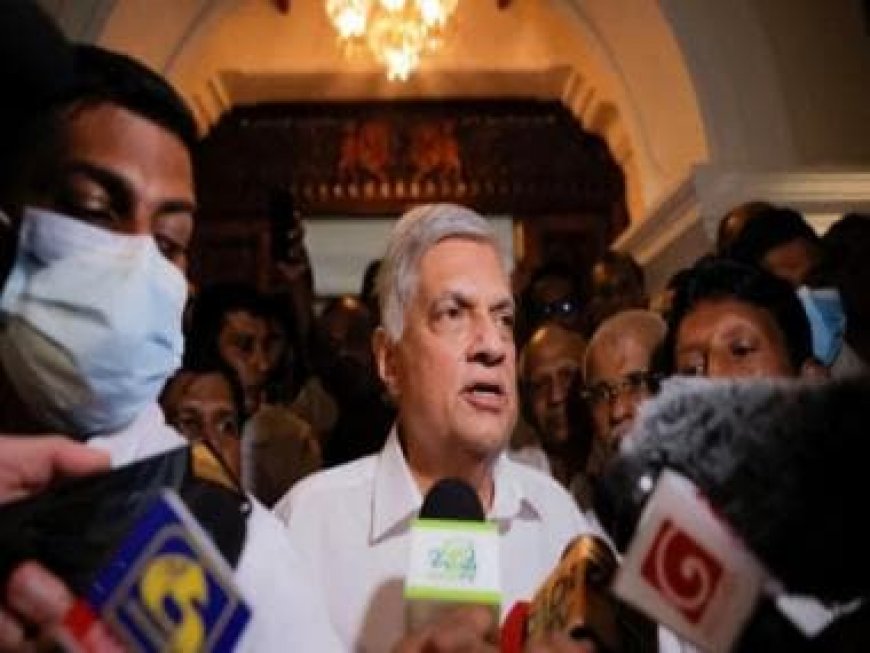Sri Lanka: Opposition cries foul as parliament passes bill to regulate online content
Sri Lanka: Opposition cries foul as parliament passes bill to regulate online content

A hurriedly designed bill to control online content was enacted by Sri Lanka’s Parliament, but opposition politicians and rights organizations claim that this is a government attempt to suppress free expression and crack down on dissent in advance of this year’s legislative and presidential elections.
The speaker declared that the proposal had passed on Wednesday by a vote of 108 to 62.
Content makers who a five-member commission finds to be posting “illegal” information might face jail time under the terms of the Online Safety Bill. Additionally, it holds internet giants like Google, Facebook, and X responsible for information published on their networks.
The administration of President Ranil Wickremesinghe stated that the measure was intended to combat cybercrimes, such as child abuse, data theft, and online fraud. It was only brought before the assembly for a vote on Wednesday.
According to Public Security Minister Tiran Alles, the nation recorded 8,000 cybercrimes last year. He denied that the legislation would have an effect on free speech.
“It is not to suppress the media or the opposition. Any complaint will be taken up by the commission, who will be appointed by the president, and they will decide how to act,” Alles told the media.
The Online Safety Commission’s members would have arbitrary authority to “decide what online speech is ‘false’ or ‘harmful,’ remove content, restrict and prohibit internet access, and prosecute individuals and organizations,” according to Human Rights Watch, which criticized the measure.
According to the international rights organization, the bill’s violations would result in heavy penalties and lengthy jail terms of up to five years.
A tiny handful of opposition lawmakers and activists demonstrated outside the parliament on Wednesday following the vote.
Harsha de Silva, a lawmaker from the main opposition Samagi Jana Balawegaya, told parliament the legislation was “a threat to our democracy”.
The measure, according to the Asian Internet Coalition (AIC), which is comprised of Google, Yahoo, Apple, and Amazon, is a “draconian system to stifle dissent” and “may undermine the potential growth of Sri Lanka’s digital economy.”
“We unequivocally stand by our position that the Online Safety Bill, in its current form, is unworkable and would undermine potential growth and foreign direct investment into Sri Lanka’s digital economy,” the AIC said in a statement.
Following months of protests against economic instability and bad administration that resulted in the removal of the previous prime minister and president, Wickremesinghe took office in 2022.
He has been charged with suppressing opposition since taking over. He proclaimed a state of emergency in 2002, giving the military broad authority and pledging to take firm action against “trouble makers.” Opponents referred to the arrests of several protest leaders as a “witch-hunt.”
The president’s “misuse of emergency measures” was denounced by the UN, which said that it interfered “with the legitimate exercise of the rights to freedom of peaceful assembly and expression.”
The UN Office of the High Commissioner for Human Rights also took issue with a counterterrorism bill that would have given the military and police broad authority to make arrests and conduct searches.
What's Your Reaction?



























































